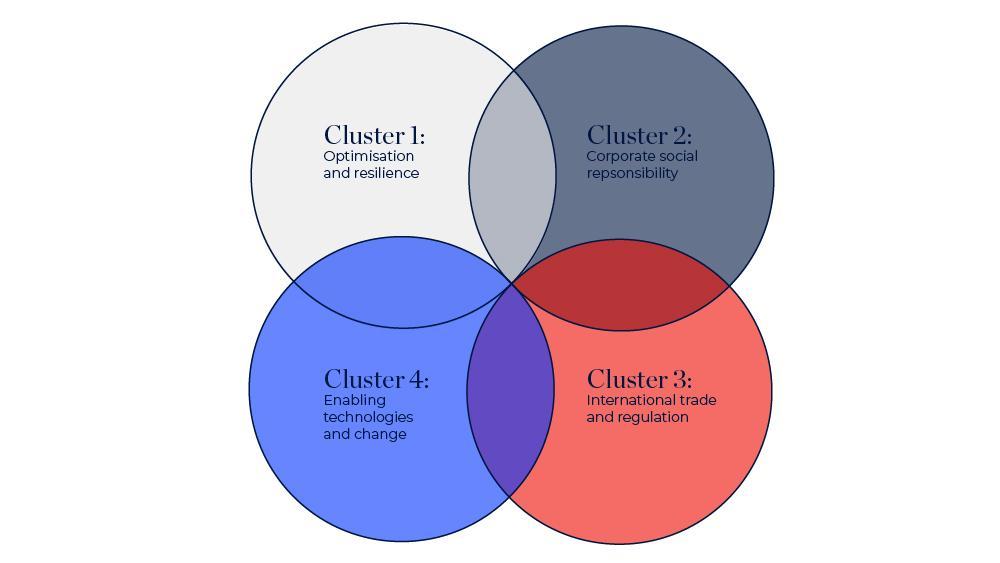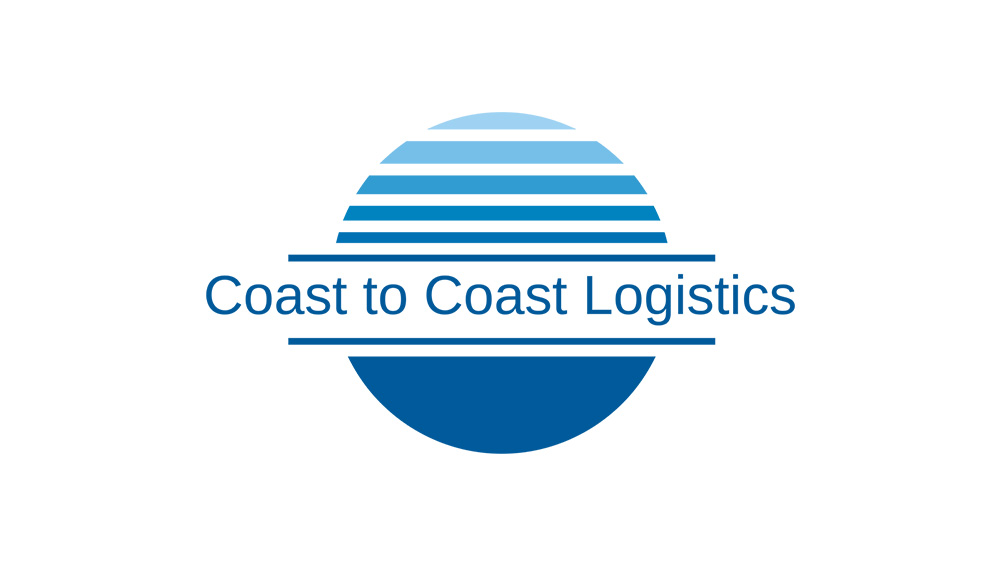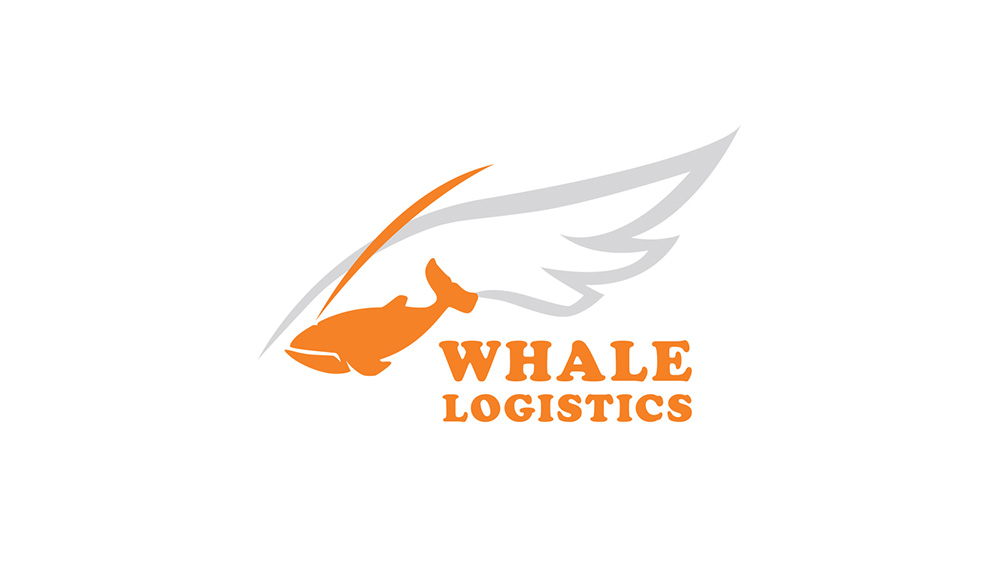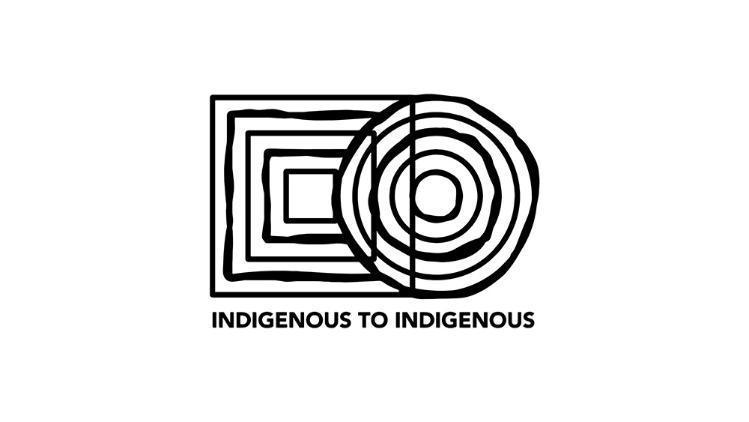Centre for Supply Chain Research
About our centre
As a faculty based centre, the CSCR brings together colleagues from the Schools of Business and Law to support multidisciplinary collaboration in supply chain research. With strong global connections, the Centre facilitates engagement with industry partners, external collaborators and government agencies to address contemporary industry problems.
The CSCR seeks to inform ongoing discourse, dissemination and practice, whilst contributing to the achievement of the UN Sustainable Development Goals (SDGs) through harnessing research collaborations and networks and furthering sustainable and ethical outcomes in and across supply chains.
CSCR Strategic goals
- Collaborate with industry partners to solve industry-based problems and:
- Influence supply chain theory, practice and policy making at the local, national and international level
- Influence change management for resilience and sustainability within local and transnational supply chains
- Knowledge exchange and sharing of supply chain management experiences through Webinars; Symposiums; Master Classes
CSCR activities are focused across four key clusters:
- Cluster 1: Optimisation and Resilience
- Cluster 2: Corporate Social Responsibility
- Cluster 3: Enabling Technologies and Change
- Cluster 4: International Trade and Regulation

- Associate Professor Matthew Pepper, Director
- Dr Clayton McDowell, Deputy Director
- Ethan Nikookar, Deputy Director
- Mrs Taryn McDonnell, CSCR Corporate Engagement
- Ms Erin Snape, International Engagement
School of Business
- Dr Jonathon Mackay
- Dr Spring Zhou
- Dr Albert Munoz
- Dr Oriana Price
- Dr Christopher Sykes
- Dr Rebekah Schulz
- Dr Searat Ali
- Associate Professor Belinda Gibbons
- Dr Stephanie Perkiss
- Dr Paul Chad
- Dr Roba Abbas
- Professor Ann Rogerson
- Associate Professor Anura De Zoysa
- Dr David Du
School of Law
- Professor Colin B. Picker
- Professor Markus Wagner
- Associate Professor Gabriel Garcia
- Dr Dorothea Anthony
UOW Staff
- Dr Peter Robertson, Honorary Research Fellow
- Sean Elphick, Australian Power Quality and Reliability Centre
- Associate Professor Jun Shen, Faculty of Engineering and Information Sciences
- Associate Professor Brian Yecies, Faculty of the Arts, Social Sciences and Humanities
- Dr Senevi Kiridena, Faculty of Engineering and Information Sciences
Associate Members
- Professor Arun Elias, Fiji National University
- Yogita Swamy, Fiji National University
- Professor Amrik Sohal, Monash University, Australia.
- Dr Emily McDowell
- Chontelle Kelly, Diageo
- Alana Tweddle, University of Wollongong
- Dr Adrian Tootell
- Mr Jared Weyandt, Palladium
HDR Student Members:
- Steven Parkes
- Janelle Davidson
- Steven Barnfather
- Namal Bandaranayake
- Thivya Amalan
Contact our team to express your interest to partner with CSCR.
Director
Associate Professor Matthew Pepper
+61 2 4221 5419
matthew_pepper@uow.edu.au
Building 40 Room 249
CSCR Corporate Engagement
Mrs Taryn McDonnell
+61 2 4298 1316
taryn_mcdonnell@uow.edu.au
Building 40A Room 183
International Engagement
Ms Erin Snape
+61 2 4221 3273
erin_snape@uow.edu.au
Building 40 Room 222a
HDR Scholarship Opportunity
Faculty of Business and Law/Sustainable Buildings Research Centre, University of Wollongong
We are looking to recruit a high-quality HDR candidate to conduct research with a multidisciplinary team of supervisors for the below project.
The successful candidate:
- Must be eligible to undertake a PhD at an Australian university
- Must be able to commence early 2023
- Must have prior education for a successful application, for example, a Bachelor’s degree AND a first-class honours OR Masters degree, see Apply to UOW: Higher Degree Research
- Will receive a 3.5-year PhD stipend from the University of Wollongong $29,863 (non taxable)
- The PhD researcher will be based at the Sustainable Buildings Research Centre, Innovation Campus, North Wollongong.
- Must email EOI to Associate Professor Matt Pepper (matthew_pepper@uow.edu.au) by the 30th November 2022
Supervision team
- Associate Professor Matt Pepper Business and Law/Centre for Supply Chain Research
- Professor Timothy McCarthy Engineering and Information Sciences/Sustainable Buildings Research Centre
- Dr Clayton McDowell Sustainability Manager, Facilities Management Division, UOW
- Dr Jonathon Mackay Business and Law/Centre for Supply Chain Research
About the project
According to the Australian Government Clean Energy Regulator, ”Scope 3 emissions are indirect greenhouse gas emissions other than scope 2 emissions that are generated in the wider economy. They occur as a consequence of the activities of an [organisation] but from sources not owned or controlled by that [organisation’s] business.” Some examples are extraction and purchase of materials, transportation of purchased fuels, use of sold products and services and flying on a commercial airline by a person from another business.
Scope 1 emissions are GHGs released to the atmosphere as a direct result of an activity of an organisation while scope 2 are the result of indirect consumption of an energy commodity. For example scope 1 would result from burning gas on site while scope 2 would be from the coal burnt to produce the electricity used at the site.
While many organisations, including the University of Wollongong, have declared carbon neutrality targets for scope 1 and scope 2, there is limited evidence of any organisations addressing scope 3. In Australia, the Clean Energy Regulator mandates GHG reporting for scopes 1 and 2 but there is no requirement to report on scope 3.
The proposed research will seek to define the context, boundaries and scope of Scope 3 emissions for the higher education sector. Specifically, this research project will examine the nature and quantity of scope 3 GHG emissions in the higher education sector. In conjunction with comprehensive stakeholder mapping and analysis, the candidate will employ techniques such as the World Resources Institute, Corporate Value Chain (Scope 3) Accounting and Reporting Standards.
Reviewing best practice from universities around the world, the research will compile a suite of scope 3 boundaries. These will be assessed against the standard to determine levels of emissions. Forward projections will be developed to account for changes to emissions throughout the value chain with time. A review of strategies to achieve reductions in scope 3 emissions will also be carried out to identify gaps and opportunities for improvement.
Outcomes
- Definition of Scope 3 GHG emissions for higher education context.
- Comprehensive stakeholder map.
- Benchmarking global best practice and review of current strategies to achieve Scope 3 GHG emissions.
CSCR news
:format(jpg)/prod01/channel_3/assets/contributed/faculty-of-business-and-law/news-images/Staff-and-students-from-the-UOWs-Faculty-of-Business-and-Law-standing-in-front-of-the-Rajagiri-Business-School%C2%80%C2%99s-building-750X421.jpg)
UOW School of Business present international keynote on ‘Sustainability and Supply Chain Management’
:format(jpg)/prod01/channel_3/assets/contributed/faculty-of-the-arts-social-sciences-amp-humanities/acebr/Standards-750X421.jpg)






:format(jpg)/prod01/channel_3/assets/contributed/faculty-of-business-and-law/news-images/UOW-Supply-Chain-Success-Society-inaugural-Supply-Chain-Sustainability-Symposium-presenters-499X281.jpg)
:format(jpg)/prod01/channel_3/assets/media-centre/Upgraded-EV-station_SBRC_2-499X281.jpg)
:format(jpg)/prod01/channel_3/assets/contributed/faculty-of-business-and-law/news-images/PR-Fiji-499X281.jpg)
:format(jpg)/prod01/channel_3/assets/contributed/faculty-of-business-and-law/Supply-Chain-Success-Society-visit-Amazon-Fulfillment-Centre-499X281.jpg)
:format(jpg)/prod01/channel_3/assets/contributed/faculty-of-business-and-law/research-cscr/i2i-Global-logo-749X422.jpg)
:format(jpg)/prod01/channel_3/assets/media-centre/The_Conversation_Masks_Image.jpg)
:format(jpg)/prod01/channel_3/assets/contributed/faculty-of-business-and-law/research-cscr/Busy-Supply-chain-750X421.jpg)